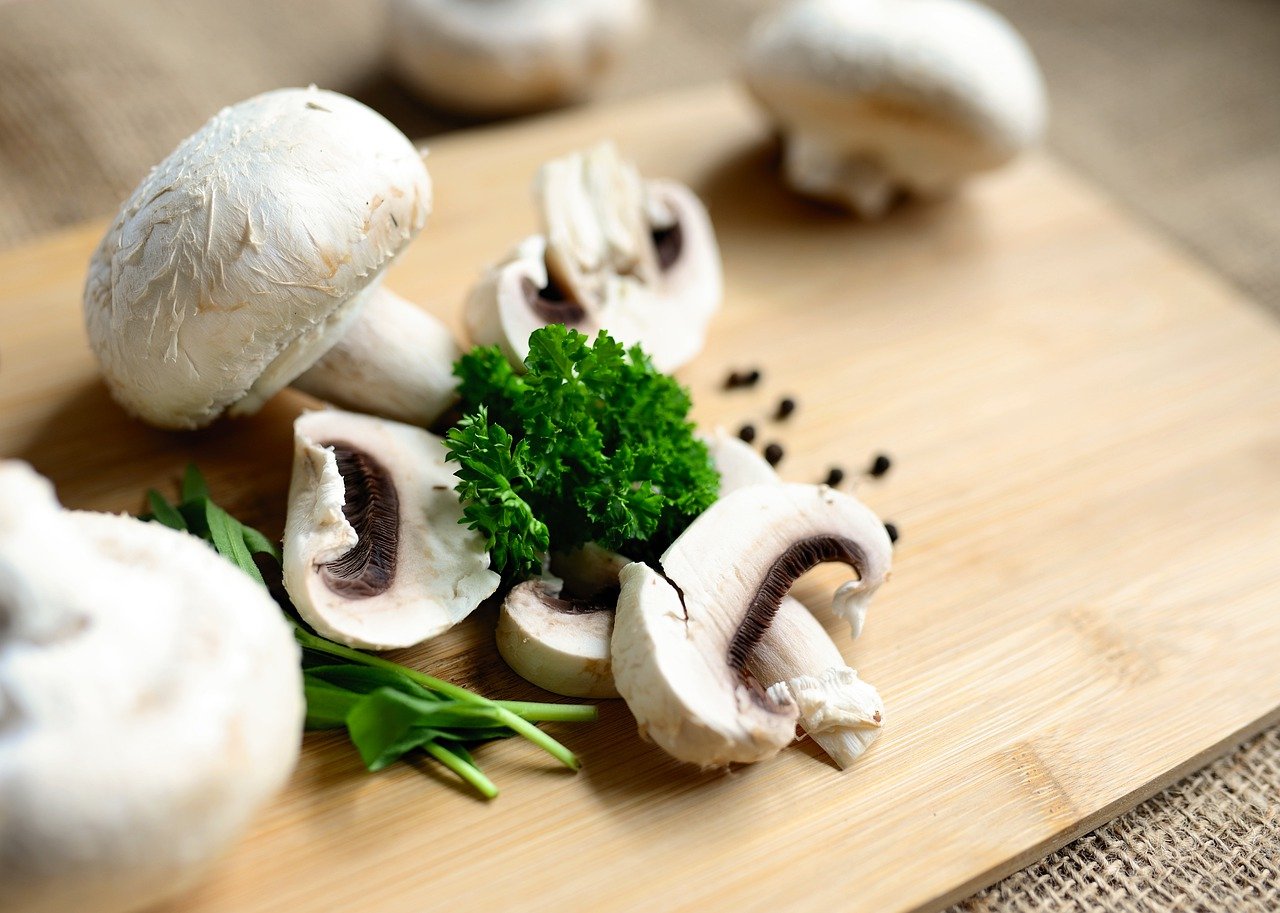What is the Difference Between Mushrooms and Meat?
When you think of mushrooms, what pops into your head? If you’re like most people, you probably think of the side dish rather than the main event. Mushrooms aren’t exactly the most appetizing of foods.
However, there’s a lot more to them than just a flavorless, white-colored fungus. In this article, we’ll be comparing mushrooms and meat to help you better understand their differences.
We’ll also be exploring the nutritional value of each so you can make the best food choices for your body.
What is Meat?
Meat is the flesh of animals, typically mammals. It is often eaten as food, as it provides high amounts of protein and healthy fat. There are many types of meat, and most are derived from domesticated species. However, there are a few types of meat that come from more exotic sources. For example, Halal meat is meat that is slaughtered in accordance to Islamic law, while Kosher meat is from animals that have been raised according to Jewish religious law.
There are many types of meat, and most are derived from domesticated species. However, there are a few types of meat that come from more exotics sources. For example, Halal meat is meat that is slaughtered in accordance to Islamic law, while Kosher meat is from animals that have been raised according to Jewish religious law.
What is a Mushroom?
Mushrooms are genera of fungi that grow in soil, on trees, plants, or other surfaces. They are most recognizable in their white and brown forms, but there are many other colors and patterns that are also found. The shape and color of a mushroom depends on the species, but they all have two main features in common: a spore-producing structure called a spore print and a fleshy portion called the cap.
Differences between Mushrooms and Meat
Animal and plant products can both be eaten as part of a healthy, balanced diet. However, there are a few key differences between mushrooms and meat.
Nutritional Value of Mushrooms vs. Meat
One of the first things that set mushrooms and meat apart is their nutritional value. Mushrooms are considered to be a low-fat, high-fiber food. This is because they contain inorganic compounds that have an extremely low caloric density.
For example, one cup of sliced white button mushrooms contains only 26 calories. By contrast, one cup of seasoned flaked pork tenderloin contains 246 calories and 8 grams of fat.
Mushrooms also contain important micro-nutrients such as selenium, zinc, B vitamins, and potassium. A large, white button mushroom contains only 1.1 mg of selenium, while a small, brown button mushroom contains 2.6 mg. Selenium is known to have anti-inflammatory properties, which can help with conditions such as IBS.
Health Benefits of Mushrooms
Mushrooms are versatile and contain a wide variety of useful compounds. For example, they’re known to contain antioxidants, anti-inflammatory substances, and immunity-boosting vitamins and minerals. In particular, mushrooms are known to promote healthy cardiovascular and immune function.
Nutrition Facts of Mushrooms vs. Meat
Mushrooms contain little fat and low calories, while pork is high in both fat and calories. One cup of sliced white button mushrooms contains 26 calories, 0.9 grams of fat, and 4.2 grams of carbohydrates.
The nutrition facts for pork are more impressive. One 3.6-ounce serving of pork tenderloin contains 246 calories, 8 grams of fat, 2 grams of carbohydrates, and 39 grams of protein.
The nutritional value of both mushrooms and meat increases with cooking. Cooking mushrooms substantially increases the amount of vitamins and minerals they contain, while cooking pork tenderloin can yield a nutrient-rich, protein-rich product.
Summary
Mushrooms are a low-fat, high-fiber food.
They contain important micro-nutrients such as selenium, zinc, B vitamins, and potassium.
Mushrooms promote healthy cardiovascular and immune function.
Consuming mushrooms regularly can benefit your health.
Mushrooms are versatile and can be consumed in a variety of ways.
They can be added as a side dish, used as a meat substitute, used in soups and stews, or used in casseroles.
For more information about mushrooms and how they can benefit your health, visit our mushrooms resource center.

